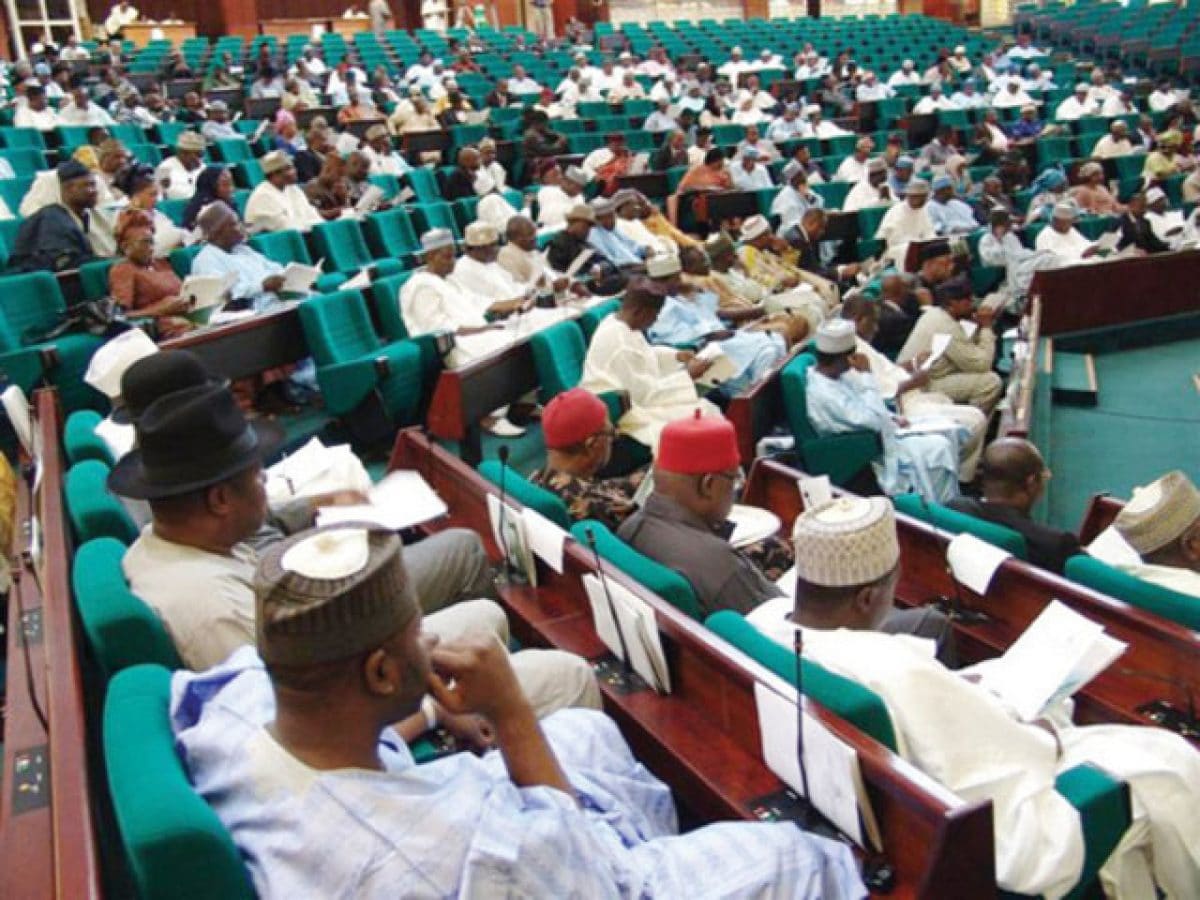Following the transparency of the Ministry of Humanitarian Affairs, Disaster Management and Social Development in the implementation of the National Home-Grown School Feeding Programme (NHGSFP), under the National Social Investment Programme (NSIP), stakeholders have lauded the Federal Government on its achievements, especially the expansion of the NHSGFP.
The stakeholders made the commendation Thursday in Abuja during a two-day training organised by the Ministry, in collaboration with the United Nations World Food Programme (WFP) on “Optimising school meal menus”, using SMP Plus (Plus School Menus Tool) for states focal persons and managers from the six geopolitical zones.
Speaking at the training, the Focal Person for Adamawa and the North East, Mrs Mary Yuwadi, said observed that the Ministry, through the NSIP, has increased enrollment in the state as the children receive their breakfast daily, adding that those children who had dropped out of school were back to school because they were encouraged by the meal given in the school.
“The meal is very nutritious, because we give them balanced diet and that has increased their nutrition. So, we want the government to continue with the school feeding Programmes and also appeal that some of the schools that are not included in the Programme should be added,” she said.
On his part, the Programme Manager, NSIP, Kano, Mr Baba Zubair, said the school feeding helped a lot in enrolment of pupils into primary school.
“The economic benefits are so much that every part of our economy benefits from it because whenever there is school feeding the farmers will produce. The problem we are facing is that most good programme like this doesn’t continue once another government comes.
“It will strick it down but something like this should be sustained because the results are there. In Kano we have the largest number of school pupils that are benefiting from this, currently we are feeding over 1.2 million children between primary one and three,” Zubair said.
Similarly, Enugu state’s Programme Manager, NHGSFP, Mr Ifeanyi Onah, said that one of the challenges was the effect of COVID-19 pandemic, saying that afterwards there was hick in the prices of food items, which made it difficult for cooks to access food at the normal price they were getting it before.
In his remarks, Acting Head, WFP, Capacity Strengthening and Policy Coherence Unit, Kim Do-Hwan, said feeding children with nutritious meal would enhance their growth and productiveness, adding said that the training would help to improve NHGSFP nationwide.
“We at the WFP are here to help the government of Nigeria to achieve its objectives for the school feeding programme. One of the ways is improving the nutritious contents of the menus, developing them in a way that is more cost effective and tailored toward a good context, so that it can also spur local economic development,” he said.



